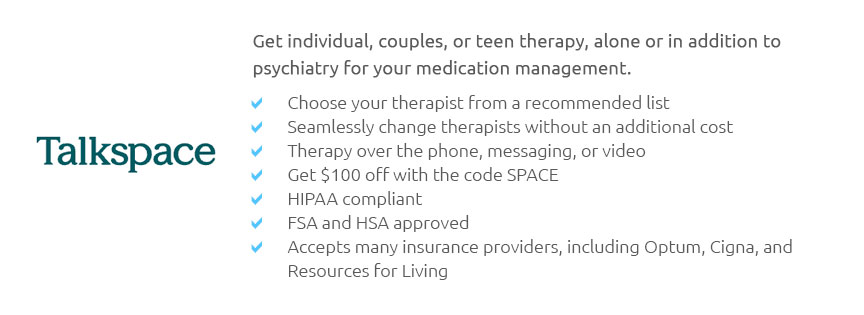 |
 |
 |
|---|
 |
 |
|---|
 |
|
|---|---|
 |
 |
 |
 |
 |
 |
 |
 |
 |
 |
 |
 |
 |
 |
 |
 |
|---|
Therapist Norwalk CT: Understanding the Main Benefits and Common Mistakes to AvoidSeeking therapy is a brave step towards better mental health. If you're looking for a therapist in Norwalk, CT, it's essential to understand both the benefits and potential pitfalls. Benefits of Seeing a TherapistTherapy can be a powerful tool for personal growth. Here are some key benefits:
How Therapy WorksTherapy involves various techniques depending on the therapist's approach. It usually starts with an assessment followed by regular sessions focusing on your goals. Common Mistakes to AvoidWhile therapy can be beneficial, certain mistakes can hinder progress:
Many people overlook the importance of the therapist-client match. If you don't feel comfortable, it's okay to seek a better fit. Explore options, like a therapist in Conyers GA, to find the right connection. Finding the Right Therapist in Norwalk, CTIt's vital to choose a therapist who understands your needs. Consider these factors:
For those looking to start a career in therapy, opportunities are vast. You might be interested in behavior therapist hiring in Quezon City, which offers a different cultural perspective. Frequently Asked Questions
https://www.zocdoc.com/therapist-counselors/norwalk-ct-39828pm
Zocdoc is a free online service that helps patients find Therapists/Counselors ... https://www.psychologytoday.com/us/therapists/ct/norwalk
Browse verified therapists in Norwalk, CT, available in-person or online: Emma Cianci, LCSW; Sarah Smith, LCSW, MDiv; Lori Sabina Gunn, LCSW, LCSW-R; ... https://www.psychologytoday.com/us/therapists/ct/norwalk?category=adults
Find the Right Adults Therapist in Norwalk, CT - Erika Halbert Procaccini, MA, Psy; Markysha Douglas, LCSW; Samantha Stevens, LPCA; Brittani L D'Andrea, ...
|
|---|